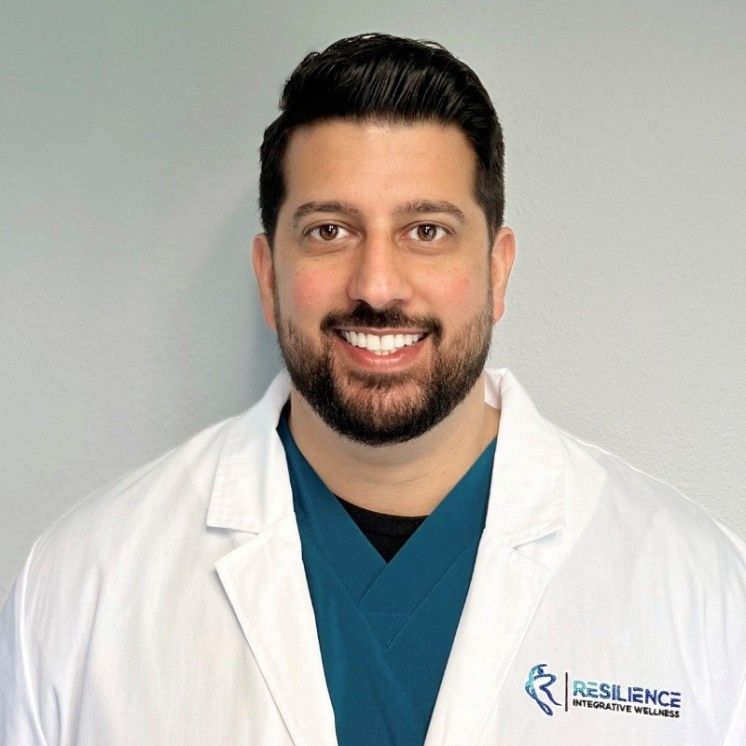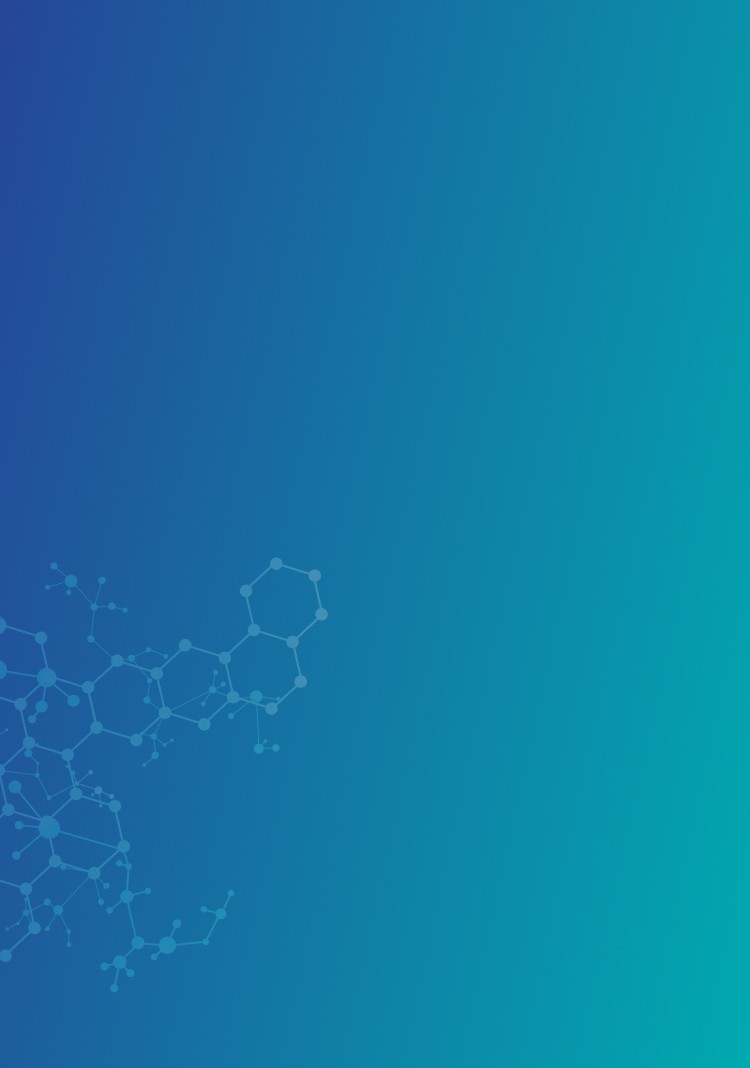The Rise of Interventional Psychiatry: What It Means for Mental Health Care

Ajay Kumra, MSN, PMHNP-BC
July 14, 2025

If you’ve tried multiple medications and still feel stuck in your mental health recovery journey, you’re not alone. Many people with depression, anxiety, PTSD, and other mental health conditions struggle to find relief through traditional approaches alone.
That’s where early interventional psychiatry comes in. If you’re new to this alternative treatment path, keep reading—we’ll break down what it is, how it works, and who it can help.
What Is Interventional Psychiatry?
Most people are familiar with traditional treatments for depression, anxiety, and PTSD—medication, talk therapy, or some combination of the two. These approaches can be helpful, but they don’t work for everyone.
Early intervention psychiatry takes a completely different approach.
Rather than relying solely on medication or talk therapy, interventional psychiatry uses treatments like transcranial magnetic stimulation (TMS) and ketamine to target the brain directly, often with faster and more predictable results.
TMS and ketamine are considered “interventional” treatments because they:
- Stimulate specific areas of the brain linked to mood and emotion
- Help the brain form new, healthier connections
- Often work faster than traditional antidepressants (and with fewer side effects)
How Does TMS Work?
Often, it’s easiest to explain what TMS is by explaining what it isn’t.
Traditional medications flood the brain with chemicals to improve mood. Sometimes it works. Other times, patients must wait 30-60 days only to learn that the medication is either ineffective or comes with troubling side effects.
TMS takes a direct and non-invasive approach, activating specific parts of the brain with magnetic pulses—without changing your body chemistry. You aren’t sedated. Side effects are minimal (or non-existent), and most people are able to drive themselves home after treatment.
Is TMS the right mental health care approach for everyone? That depends.
Some patients report feeling noticeably lighter after just a few sessions. Others find that improvements happen gradually over several weeks. Like most treatments, results can vary. But for many people, especially those with treatment-resistant depression, TMS offers a path forward when nothing else has worked.
How Does Ketamine Work?
Like TMS, ketamine is an interventional treatment. Unlike TMS, however, it works chemically, though in a much different way than traditional medications.
At low, controlled doses, ketamine interacts with glutamate, a neurotransmitter associated with emotional regulation. This interaction helps the brain form new neural pathways and break out of the rigid thought patterns often seen in patients who suffer from anxiety, depression, PTSD, and bipolar disorders.
To put it in simple terms, ketamine can “reset” the brain when it’s stuck in a cycle of negative thinking.
Some patients report feeling relief within hours or days, especially those with severe depression or suicidal thoughts. For others, improvements happen gradually over a series of treatments.
At Resilience Integrative Wellness, we offer two forms of ketamine therapy:
- IV ketamine infusions, which offer direct delivery into the bloodstream for stronger and more immediate effects.
- SPRAVATO®, a less invasive treatment administered in nasal spray form.
Is Early Intervention Psychiatry Right For You?
If you’ve tried multiple medications, worked with a therapist, and still haven’t found relief, early intervention psychiatry may be worth exploring.
While TMS and ketamine aren’t for everyone, you may be a strong candidate if:
- You’ve been diagnosed with anxiety, depression, PTSD, or OCD
- You’ve tried at least two medications without success
- You’re looking for a treatment option that does not rely on daily medication
- You’re looking for faster (or more targeted) relief
Discover a New Path Forward
Have questions about early intervention psychiatry? Our friendly and compassionate team is here to answer all your questions. Learn more about our treatment plans by scheduling a consultation today!
Note: Always consult with a healthcare professional to determine if ketamine therapy is suitable for your unique situation.
Subscribe to Wellness
Empower yourself and your healing journey by subscribing to our informative blog posts and helpful resources.




